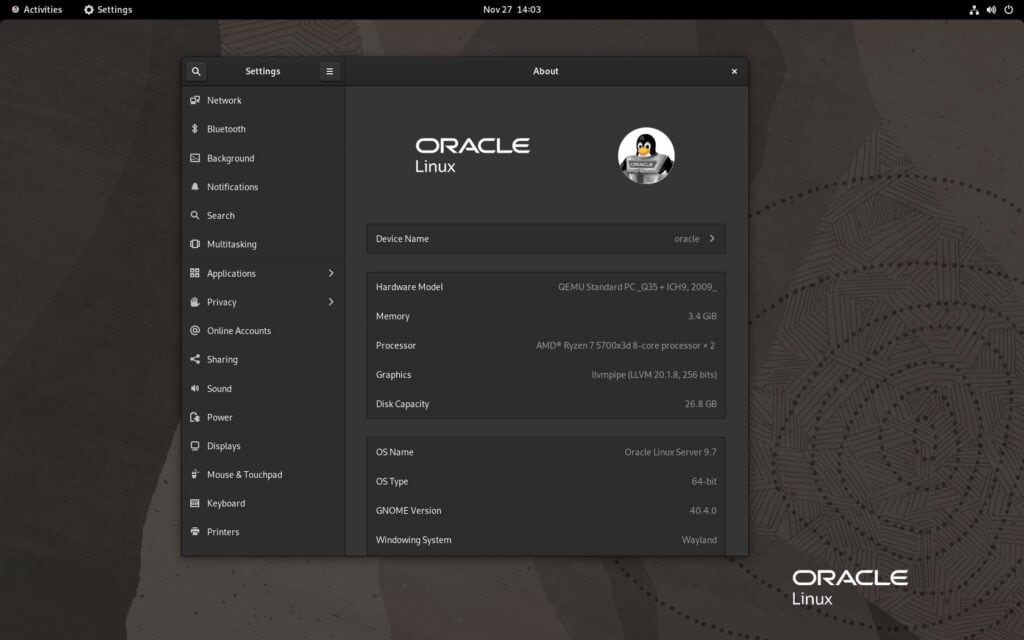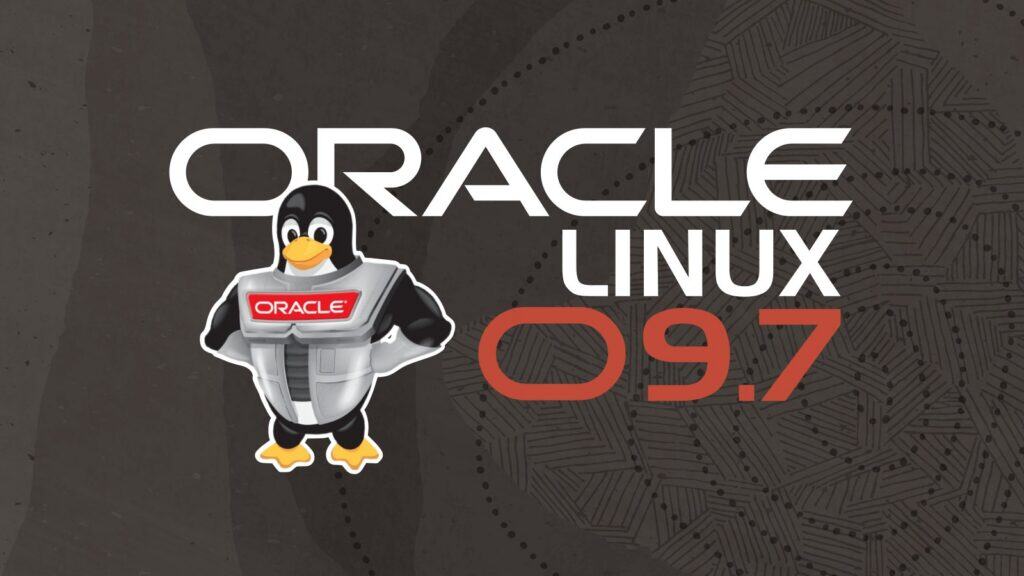Oracle Linux 9.7 is now globally available, continuing Oracle’s alignment with Red Hat Enterprise Linux by maintaining full application binary compatibility while offering its own enhancements through the Unbreakable Enterprise Kernel.
The release highlight is an expanded support for post-quantum cryptographic algorithms. System-wide crypto-policies now prioritize hybrid ML-KEM and pure ML-DSA, and OpenSSL has been updated to include ML-KEM, ML-DSA, and SLH-DSA.
QUIC transport support has also been added, improving performance for latency-sensitive applications and boosting the overall efficiency of encrypted connections.
In addition, Oracle Linux 9.7 introduces an updated SCAP Security Guide with refreshed profiles to support secure, policy-aligned deployments across enterprise environments.

On the kernel side, the release includes UEK 8.1 (6.12-based) for both x86_64 and Arm, as well as the Red Hat Compatible Kernel 5.14 for x86_64 users.
Developer tooling receives major improvements. GCC and LLVM toolsets have been refreshed to offer better diagnostics, modern code generation, and broader language support, particularly for C, C++, and Rust.
On the compilers and development tools side, Oracle Linux 9.7 updates the dyninst framework to version 13.0 with improved AMD GPU binary handling and better x86 instruction and DWARF parsing. The new GCC Toolset 15 brings the latest GCC and utilities for modern application builds, while SystemTap 5.3 introduces multithreaded parsing for faster startup.
Valgrind has been upgraded to 3.25.1 and split into modular subpackages to reduce footprint and improve component management. Additional updates include elfutils 0.193, LLVM 20 through the refreshed llvm-toolset, GDB 16.3, and the Rust Toolset 1.88.0, which delivers Rust 2024 Edition features such as let chains, async closures, trait upcasting, and expanded safe-Rust intrinsics.
On top of that, Oracle Linux 9.7 also introduces Valkey 8, a Redis-compatible in-memory key-value store designed for high-performance workloads.
Lastly, the Cockpit web interface has been updated with PatternFly 6, improved storage and virtualization modules, and new IPv6 support for WireGuard VPNs.
Visit the official Oracle Linux 9.7 release notes for more details, including a comprehensive list of changes and updates. The release announcement is here.
Upgrading to Oracle Linux 9.6 is straightforward for those already on Oracle Linux 9: a simple sudo dnf update brings you to the latest release. Older systems can be moved to newer releases through the Leapp utility, which provides guided in-place upgrades between major versions.
